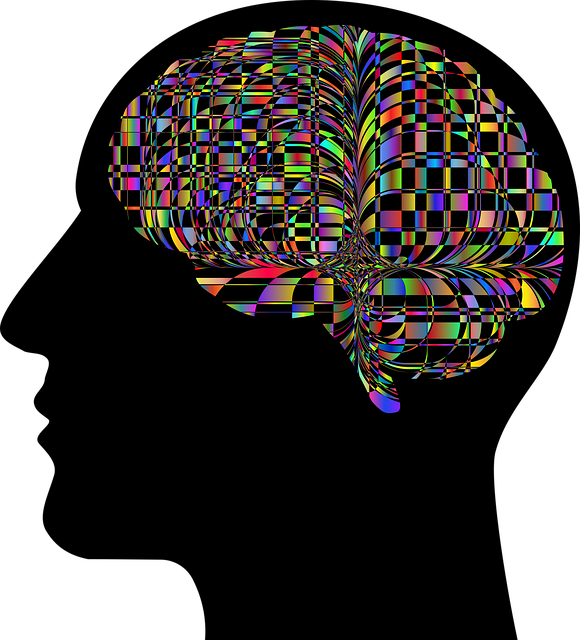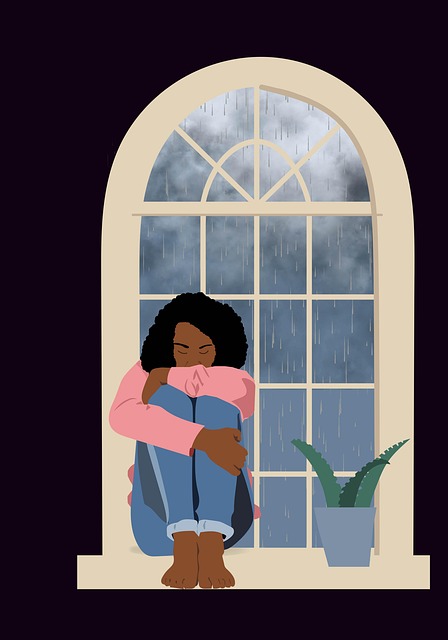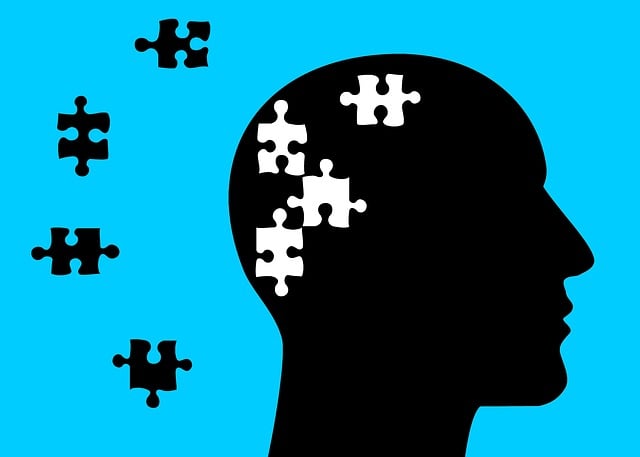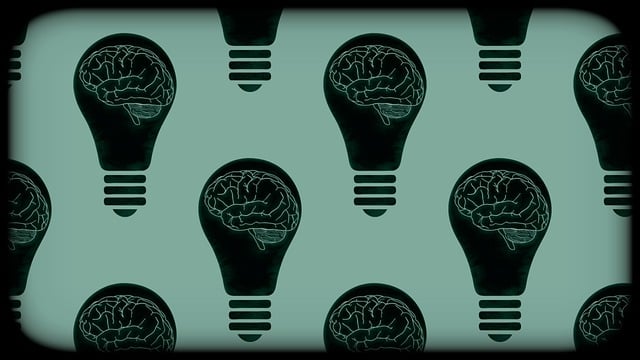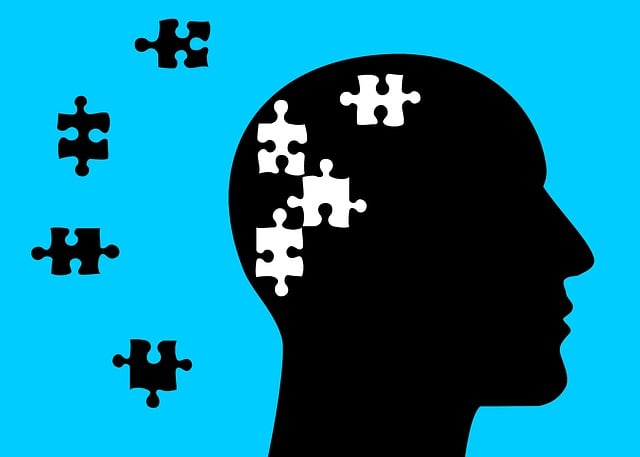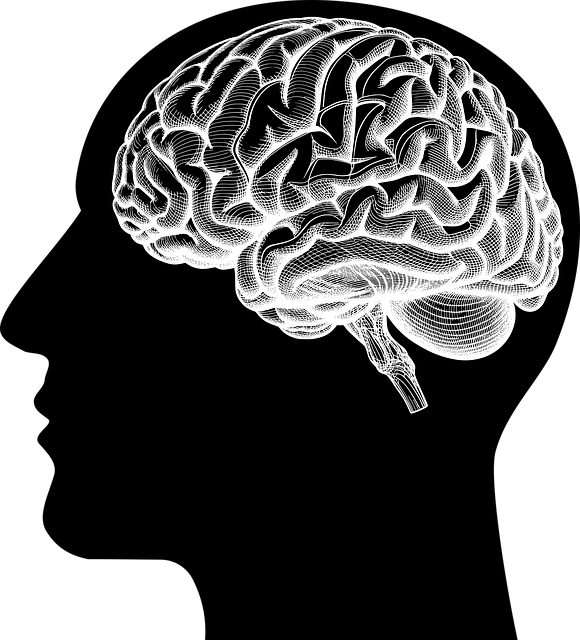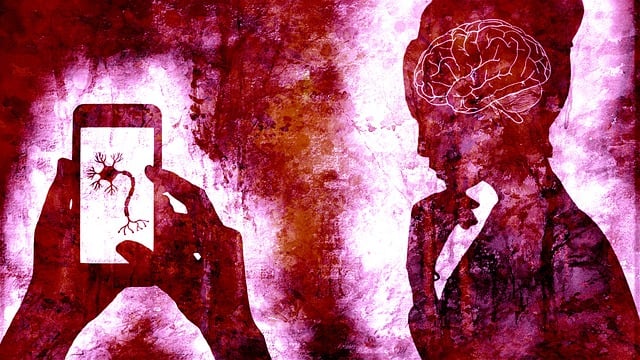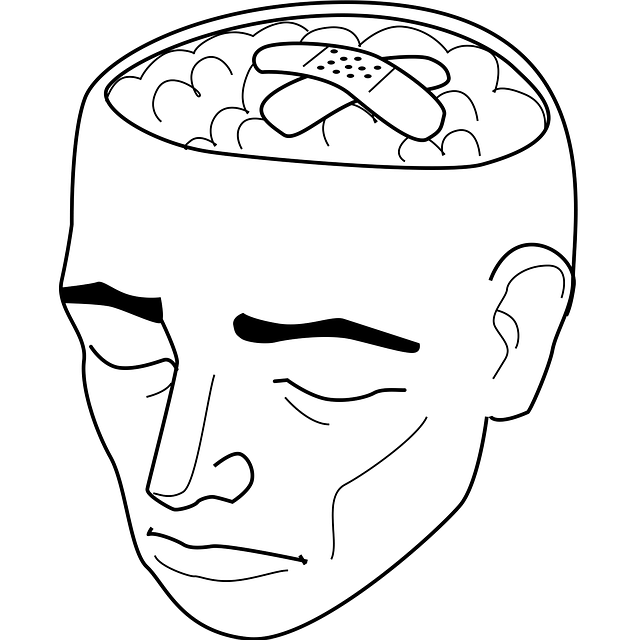Media portrayal of mental health significantly shapes public understanding and attitudes, with negative stereotypes leading to stigma and marginalization. Conversely, accurate and compassionate representation fosters empathy and reduces social barriers. Westminster Self-Esteem Therapy takes a groundbreaking approach by prioritizing self-esteem building and challenging media stereotypes, integrating Compassion Cultivation Practices and personalized Mental Wellness Coaching Programs. To counter harmful portrayals, organizations like Stress Management Workshops and Mindfulness Meditation advocate for cultural sensitivity in mental healthcare representation. Media platforms can positively impact societal perceptions by featuring diverse characters with various diagnoses leading fulfilling lives. Collaboration between industry professionals and mental health experts is crucial to produce accurate narratives that combat stereotypes and foster understanding of mental well-being.
Mental illness representation in media significantly influences public perception and understanding of mental health. This article delves into the impact of media portrayal, challenges common stereotypes, and offers solutions for more accurate and positive representations. We explore innovative approaches like Westminster Self-Esteem Therapy, which aims to combat negative stereotypes. Additionally, we analyze harmful depictions in popular culture and propose empowering strategies for promoting mental health awareness. Collaboration with the media industry is crucial for creating narratives that offer support and understanding.
- Understanding the Impact of Media Portrayal on Mental Health Perception
- Westminster Self-Esteem Therapy: A Novel Approach to Challenging Stereotypes
- Identifying Harmful Depictions in Popular Culture
- Empowering Positive Mental Health Representation Strategies
- Collaborating with Media Industry for Accurate and Supportive Narratives
Understanding the Impact of Media Portrayal on Mental Health Perception

Media portrayal plays a significant role in shaping societal perceptions about mental health. The way mental illnesses are depicted in films, television shows, and news media can influence public understanding and attitudes, often leading to either stigma or increased awareness. For instance, negative stereotypes portrayed in media can contribute to the marginalization of individuals with mental health challenges, making it harder for them to seek help. On the contrary, accurate and compassionate media representation can foster empathy, encourage open conversations, and reduce the social barriers associated with mental wellness issues.
This impact is particularly relevant when considering the potential effects on vulnerable populations, such as young adults or those in need of specific therapies like Westminster Self-Esteem Therapy. Media can either perpetuate existing biases or offer a platform for education and support. Encouraging responsible media representation is crucial to promoting mental health awareness, especially regarding sensitive topics like depression prevention, burnout prevention strategies for healthcare providers, and the benefits of mental wellness journaling exercises.
Westminster Self-Esteem Therapy: A Novel Approach to Challenging Stereotypes

Westminster Self-Esteem Therapy offers a fresh perspective on tackling mental illness representation in media by focusing on an innovative approach to building self-esteem and challenging stereotypes. This therapy program recognizes that high self-esteem is a powerful tool against stigma, encouraging individuals to embrace their unique qualities and combat negative societal narratives. By integrating Compassion Cultivation Practices, the therapy facilitates a deeper understanding of one’s worth and fosters Mental Wellness Coaching Programs Development tailored to individual needs.
Through this method, Westminster Self-Esteem Therapy not only enhances Mental Health Awareness but also empowers individuals to navigate media narratives with a more compassionate lens. It encourages folks to recognize that mental illness is diverse, personal, and often hidden, urging media representation that reflects this complexity. This novel approach paves the way for a more nuanced understanding of mental wellness, challenging outdated stereotypes and fostering an inclusive environment in today’s digital realm.
Identifying Harmful Depictions in Popular Culture

In popular culture, mental illness is often depicted in a way that reinforces stereotypes and can cause further harm. Movies, TV shows, and even social media platforms sometimes portray individuals with mental health conditions as dangerous, unpredictable, or completely broken. These harmful representations contribute to the stigmatization of mental illness and can deter people from seeking help. For instance, a study by Westminster Self-Esteem Therapy revealed that media portrayal often oversimplifies complex disorders, leading to misinformed public perceptions.
To challenge these negative depictions, it’s essential to promote accurate and diverse representation in media. Organizations like Stress Management Workshops and Mindfulness Meditation programs are taking the lead in advocating for cultural sensitivity in mental healthcare practice. By presenting a more nuanced view of mental illness and recovery, these initiatives aim to foster understanding and empathy within communities. This shift can encourage open conversations about mental health, reduce stigma, and ultimately create a more supportive environment for individuals navigating their own struggles.
Empowering Positive Mental Health Representation Strategies

Representations of mental illness in media have long been a topic of discussion and criticism. Stereotypes and inaccurate portrayals can perpetuate stigma and hinder understanding, making it crucial to advocate for positive alternatives. One effective strategy is to empower individuals with mental health conditions by showcasing their strength and resilience. Media platforms can play a vital role in this by featuring diverse characters with various diagnoses who lead fulfilling lives, thus challenging societal perceptions.
For instance, Westminster Self-Esteem Therapy has been at the forefront of promoting healthy mental attitudes. Through their campaigns and initiatives, they emphasize the importance of self-acceptance and provide tools for mood management. By incorporating confidence-boosting techniques and emphasizing cultural sensitivity in mental healthcare practice, these strategies ensure that media representation is not only accurate but also empowering, ultimately fostering a more inclusive and supportive environment for all.
Collaborating with Media Industry for Accurate and Supportive Narratives

The media industry plays a significant role in shaping societal perceptions about mental health. To address the challenges of inaccurate or stigmatizing representations, there is a pressing need for collaboration between mental health professionals and media creators. By actively engaging with filmmakers, journalists, and content producers, we can ensure that narratives surrounding mental illness are not only accurate but also promote understanding and empathy. This partnership can help in crafting stories that highlight the human experience of various mental health conditions, breaking down stereotypes often perpetuated by mainstream media.
One such initiative could involve providing access to experts like those at Westminster Self-Esteem Therapy who can offer insights and consult on projects. These collaborations can result in content that not only educates but also inspires positive thinking and promotes effective stress reduction methods and mood management techniques. Through this approach, the media industry can contribute to a more supportive and informed societal discourse around mental health, fostering an environment where individuals struggling with their mental well-being feel understood and supported.
In conclusion, mental illness representation in media significantly impacts public perception and understanding of mental health. By challenging harmful stereotypes through innovative approaches like Westminster Self-Esteem Therapy, empowering positive narratives, and collaborating with the media industry, we can create a more inclusive and supportive society. These strategies not only enhance mental health literacy but also foster empathy and reduce stigma, ultimately contributing to better support for individuals living with mental illness.
